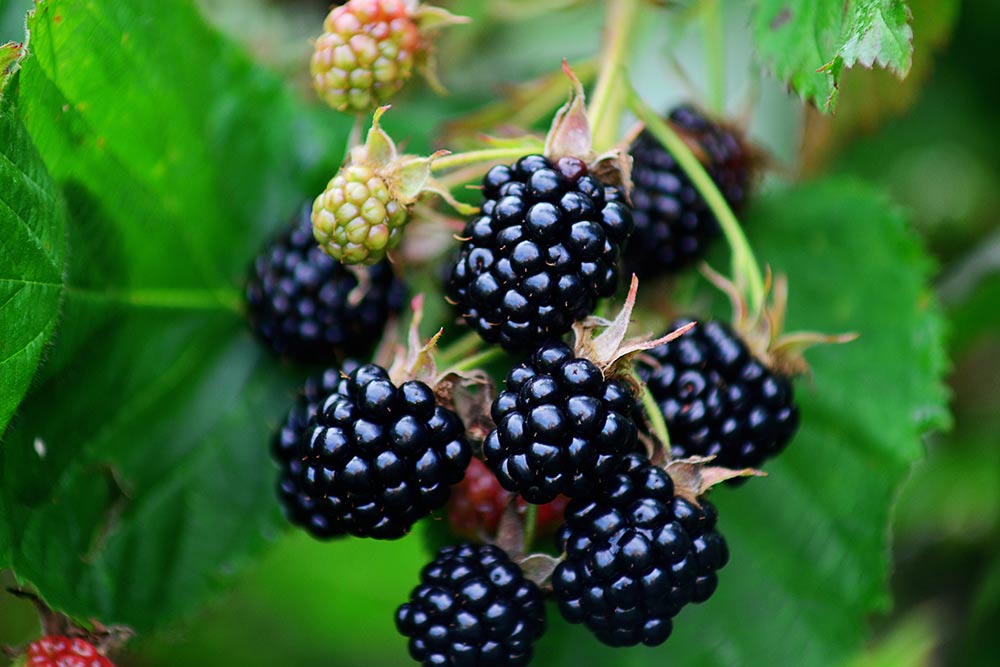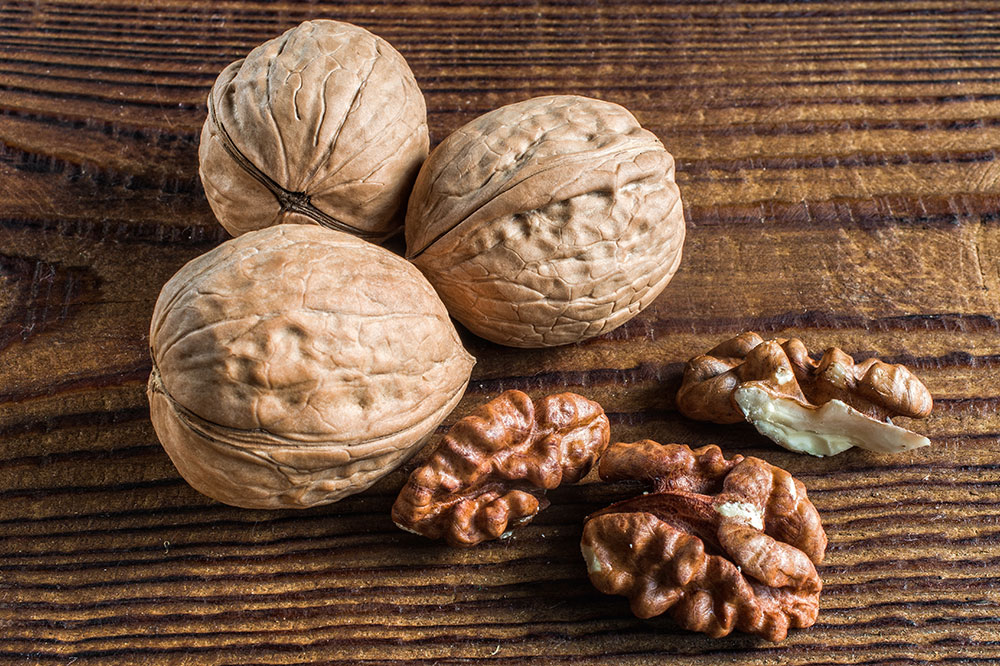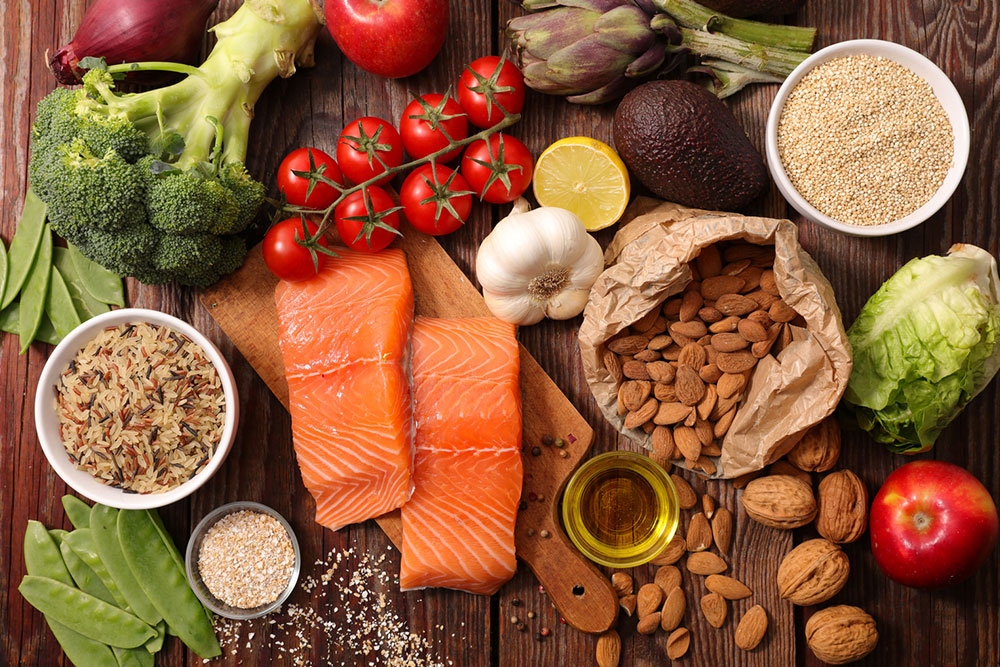Top 11 Nutritional Strategies to Support Depression Recovery
Discover 11 nutritional strategies to help combat depression, including antioxidant-rich berries, omega-3 fatty fish, and mood-enhancing foods like dark chocolate and leafy greens. Complement these with lifestyle tips such as sunlight exposure, exercise, stress management, and mindfulness practices. Combining proper diet with medical treatment can significantly support mental health recovery and improve overall well-being.
Sponsored

Mental well-being requires dedicated care just like physical health. Increased awareness about mental health challenges has highlighted the importance of nutrition in managing conditions like depression. Depression involves persistent sadness lasting at least two weeks along with loss of interest in enjoyable activities. Combining proper therapy with specific foods can aid in alleviating symptoms:
Berries Blueberries, strawberries, and goji berries are rich in antioxidants that may help reduce depression symptoms. These fruits also support cognitive function, making them valuable for mental health improvement.
Brazil Nuts With high selenium content, Brazil nuts can help decrease inflammation and protect cells. Since inflammation often coincides with depression, adding these nuts to meals may aid recovery.
Fatty Fish Options like salmon, tuna, mackerel, and herring are rich in omega-3 fatty acids, which boost serotonin levels, often lowered in depression. Regular consumption can support mental health management.
Walnuts Packed with antioxidants, walnuts help combat inflammation and reduce symptoms like stress and anxiety. Their melatonin and polyphenols also promote quality sleep, which benefits mental health.
Mushrooms Research suggests mushrooms may lower depression risk due to ergothioneine, an antioxidant they contain. This compound also supports mental conditions such as schizophrenia.
Bananas Rich in vitamin B6, bananas help increase serotonin levels. Incorporate them into cereals, smoothies, or snacks for improved mood and recovery.
Avocados This nutritious fruit contains monounsaturated fats, vitamins B, C, E, K, magnesium, and tryptophan—an amino acid converting into serotonin, aiding depression relief.
Dark Chocolate Dark chocolate enhances mood through phenylethylamine and contains flavonoids with antioxidant properties that fight depression symptoms and anxiety.
Leafy Green Vegetables Spinach, kale, Brussels sprouts, and lettuce provide omega-3s, vitamins, iron, and magnesium, promoting serotonin synthesis and boosting immunity.
Beans & Legumes Rich in selenium, fiber, and protein, these foods help stabilize blood sugar and support overall physical health, which is vital in depression management.
Lean Meats Protein-rich lean options like poultry and venison improve alertness and cognition while being low in saturated fats, suitable for depression recovery diets.
Additional Lifestyle Approaches
Get ample sunlight to boost vitamin D levels, essential for mental health.
Stay well-hydrated to maintain optimal brain function.
Engage in regular physical activity, including cardio and strength workouts, to regulate stress hormones.
Limit stress through effective stress management strategies such as delegation or work adjustments.
Practice yoga and meditation to relax the body and mind, reducing depression symptoms.
It's crucial to continue therapy and medication as directed by healthcare professionals. A strong support network and consistent treatment are key to overcoming depression comprehensively.






